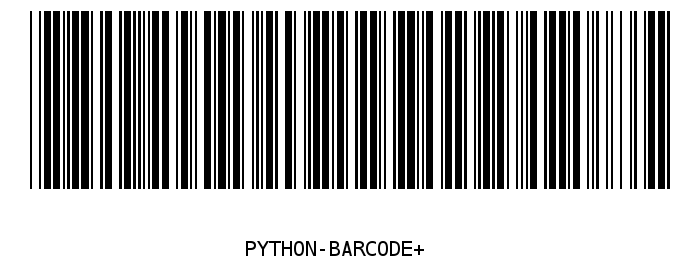5 Fantastic Python Library
Discover 5 fantastic Python library that can make my coding experience easier and more efficient.

Supercharge your Python development!
5 Fantastic Python Library
“Working on python since more than 5 years. I have worked with many python libraries that really helped me to supercharge my projects”.
In this article, we’ll explore 5 amazing Python libraries that can make my coding experience smoother and more powerful. Each library serves a unique purpose and can save my hours of development time.
1. Folium – Interactive Maps Made Easy
Folium is a powerful Python library for creating interactive maps using Leaflet.js.
This library helped me to add interactive maps to one of my Django project smoothly.
Installation:
pip install foliumExample:
If you are in a Jupyter Notebook, you can display it by asking for the object representation:
import folium
m = folium.Map([45.35, -121.6972], zoom_start=12)
folium.Marker(
location=[45.3288, -121.6625],
tooltip="Click me!",
popup="Mt. Hood Meadows",
icon=folium.Icon(icon="cloud"),
).add_to(m)
folium.Marker(
location=[45.3311, -121.7113],
tooltip="Click me!",
popup="Timberline Lodge",
icon=folium.Icon(color="green"),
).add_to(m)
m
2. CAPTCHA – Generate Secure CAPTCHAs
The captcha library in Python helps developers to create random CAPTCHAs for authentication and security.
Installation:
pip install captchaExample:
from captcha.image import ImageCaptcha
image = ImageCaptcha(fonts=['/path/A.ttf', '/path/B.ttf'])
data = image.generate('1234')
image.write('1234', 'out.png', bg_color=(255, 255, 0), fg_color=(255, 0, 0)) # red text in yellow background
3. ReportLab – Generate PDFs dynamically
ReportLab is a powerful Python library for creating PDFs programmatically. It is widely used for generating invoices, reports, charts, and other structured documents.
ReportLab is lifesaver library seriously. I used this library for one of our client project where we need to generate the pdfs dynamically based on the .txt file.
Installation:
from reportlab.pdfgen import canvas
# Create a new PDF
pdf = canvas.Canvas("sample.pdf")
# Add text to the PDF
pdf.setFont("Helvetica", 14)
pdf.drawString(100, 750, "Hello, ReportLab!")
# Save the PDF
pdf.save()This will generate a sample.pdf file with “Hello, ReportLab!” written inside it.
4. Barcode – Generate Barcodes Easily
The python-barcode package allows you to generate barcodes for inventory management and product tracking.
This library helps me in one of my project where we need to add barcode on each pdfs pages so that we can track which one is the first page or middle page or last page.
Installation:
pip install python-barcodeExample:
from barcode import Code128
from barcode.writer import ImageWriter
code = Code128("123456789", writer=ImageWriter())
code.save("barcode") # Saves barcode as barcode.png
5. Faker – Generate Fake Data
Need dummy data for testing? Faker can generate random names, addresses, emails, and more. It’s perfect for populating databases with realistic test data.
This library helps me to add fake and random data on database for testing purposes.
Installation:
pip install FakerExample:
from faker import Faker
fake = Faker()
print(fake.name()) # Generates a random name
print(fake.address()) # Generates a random address
print(fake.email()) # Generates a random emailFinal Thoughts
These 6 Python libraries can make my life easier by automating tasks, generating fake data, processing text, and much more. Whether you’re a beginner or an experienced developer, adding these tools to your arsenal will boost your productivity and simplify your workflow.
Which one is your favorite? Let me know in the comments!





